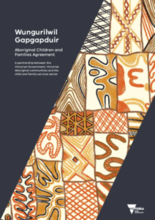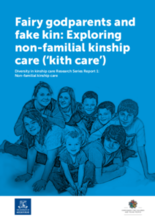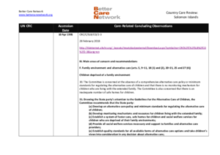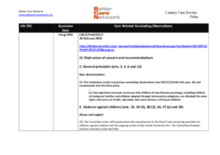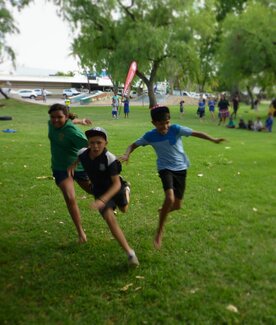

Displaying 411 - 420 of 677
This document outlines the partnership between the Victorian Government, Victorian Aboriginal communities and the child and family services sector.
Analysis of a 2016-2017 Report indicates that South Australia spent 65 per cent of its out-of-home care funding on residential care, according to this article from In Daily.
This article from NITV examines Australia's history of forcibly removing indigenous children from their families, and criminalizing them for it.
This webinar from Child Family Community Australia (CFCA) was recorded on 14 March 2018. It explored the implications of recent research on women's and children’s experiences of family violence and inter-parental conflict.
This presentation describes the progress of the "Children and Young People in Out-of-Home Care Innovation Fund Integrated Care " project currently being undertaken by Children's Health Queensland.
Indigenous children in the Australian capital of Canberra are highly overrepresented in the child protection system, according to this article from the Canberra Times.
Through qualitative interviews with local child protection workers, this paper indicates that traditional values assist legislative intervention and that significant potential exists in better integration of Indigenous approaches into practice.
This research seeks to address the gap in attention paid to the care of children by family friends (non-familial kinship care) in Australia.
This country care review includes the care-related Concluding Observations adopted by the Committee on the Rights of the Child.
This country care review includes the care-related Concluding Observations adopted by the Committee on the Rights of the Child.

